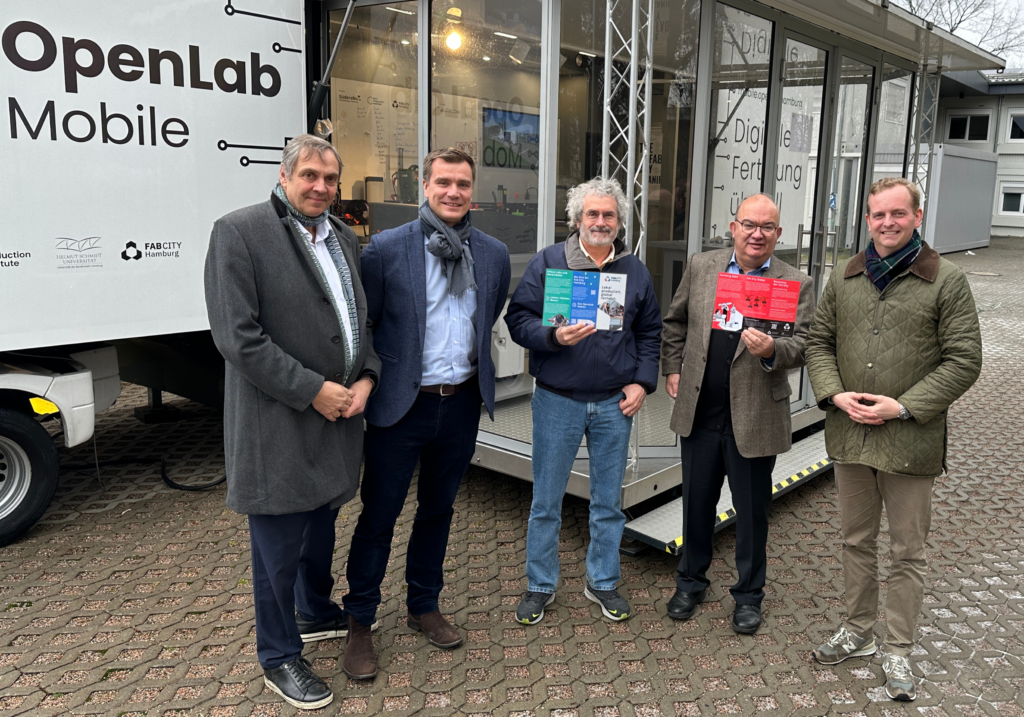On December 4, 2025, the newly established Welcome Office at HSU/UniBw Hamburg hosted its inaugural welcome reception.
All international scientists who were hired directly from abroad in 2025 accepted the president’s invitation to the festively decorated Officers’ Club last Thursday; many attended with companions.
In his welcoming speech, President Prof. Beckmann emphasized the importance of international staff members for the further development of internationalization and praised their contribution to increasing the university’s international visibility.
At the subsequent “cheese and wine” reception, guests and hosts quickly struck up conversations.
The first Welcome Reception culminated with a joint visit to the traditional Christmas market of the Student Department Alpha.
This Reception is intended to be the start of a series of events that the Welcome Office plans to offer to all international employees of HSU/UniBw Hamburg in the coming months. As part of HSU/UniBW Hamburg’s welcome culture, connecting international staff members is one of the central goals of the Welcome Office, alongside supporting international visiting researchers.
- Der Inhaber der Hanseatischen Gastprofessur Prof. Dr. Georg Krammer im Gespräch mit Prof. Dr.-Ing. Nilesh Madhu ( Professur für Signal Processing for Medical Applications) und seiner Ehefrau Aparna Srinivasan
- Erste Welcome Reception in der Offizierheimgesellschaft der HSU/ UniBw Hamburg
- Der Präsident der HSU/ UniBw Hamburg Prof. Dr. Klaus Beckmann im Gespräch mit Wissenschaftlerinnen und Wissenschaftlern der Professur für Allgemeine und Biologische Psychologie




